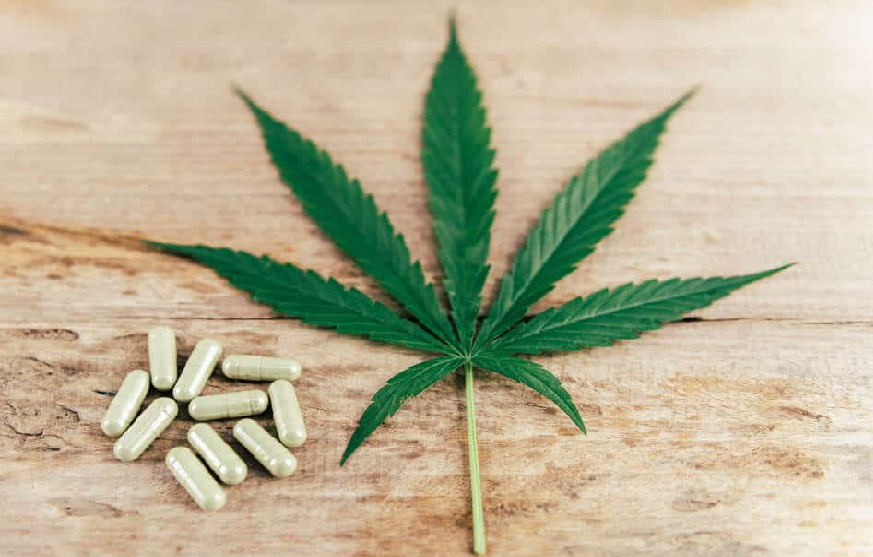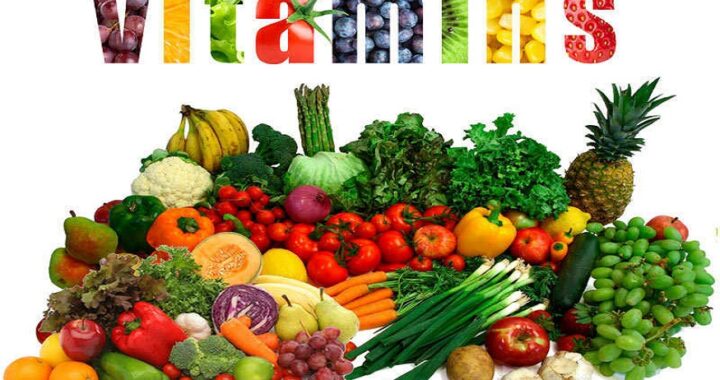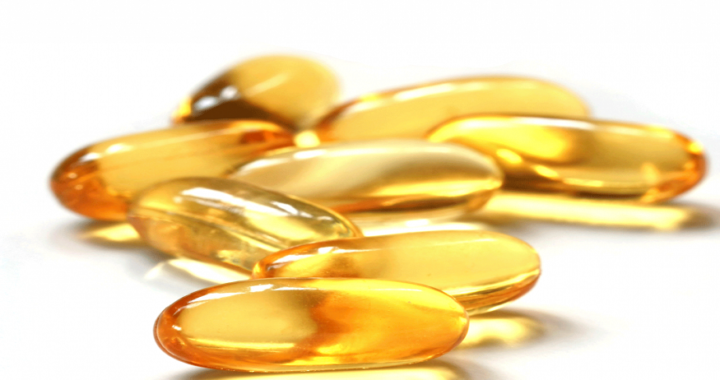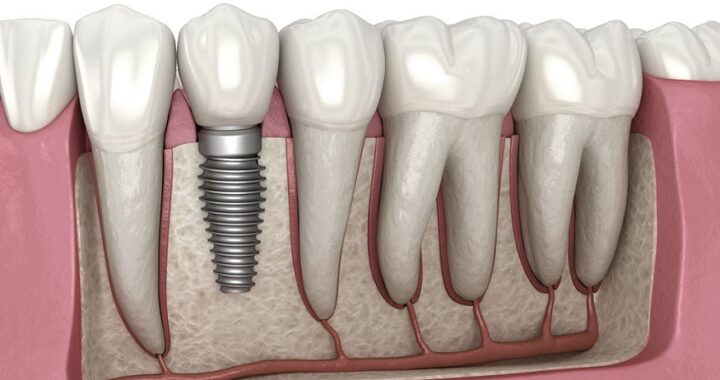Taking THC pills – How the market is changing?

THC pills have exploded in popularity as cannabis legalization has spread throughout North America over the past few years. Cannabis contains THC, which produces a high sensation. The effects of smoking or vaping cannabis are shorter-lasting, but ingesting THC pills is more discreet and portable.
The growth of the cannabis edibles market is due to the increasing legalization of both medical and recreational cannabis across the United States and Canada. As of January 2024, medical cannabis is legal in 37 US states, and recreational cannabis is legal in 19 states including California, Colorado, and New York. In Canada, both medical and recreational cannabis have been federally legal since 2018. This wave of legalization has unleashed rapid product development and investment in the cannabis industry. Legal cannabis sales in North America reached $15 billion in 2020 and are projected to reach $35 billion by 2025. THC pills and edibles make up a growing segment of the legal cannabis market.
Cannabis edibles market
Edibles are expected to make up over 50% of the entire legal cannabis market by 2025. Within the edibles segment, THC pills are one of the fastest-growing product categories.
- Gel capsules – THC oil encapsulated in gelatin capsules. The effects last longer than with other edibles.
- Tablets – compressed THC powder in tablet form. Faster effects than gel capsules.
- Time-released capsules – THC oil in capsules with a special coating to provide extended, timed effects.
Compared to homemade edibles, thc pills provide a standardized, measurable, and consistent dose. They are also more discreet and portable than other cannabis products.
Challenges
- It is easy to consume too much THC while waiting for the effects to kick in. Choosing a low dose is crucial.
- The effects of edibles last much longer than inhaled cannabis, increasing the risk of acute toxicity if too much THC is consumed.
- There are inconsistencies in the milligram amounts of THC across different products and brands. Third-party lab testing is important.
- THC interacts with other medications metabolized by the liver leading to exaggerated or unpredictable effects.
- Edibles in candy or snack form carry the risk of accidental consumption by children. Products should be in childproof packaging.
- Rapid product development has outpaced regulation in many jurisdictions. More oversight is still needed.
Future of THC pills
As the North American cannabis industry continues to mature, THC pills are poised to achieve even greater mainstream acceptance and use.
- New formulations, synergistic ingredients, nanoemulsions for faster onset, and precision dosing methods will improve the user experience.
- Extracts are reaching 90%+ THC levels, enabling highly potent pills in smaller sizes. However, too much THC increases adverse effects.
- Brands will promote the natural, plant-derived aspects of THC pills and target specific health/wellness benefits like sleep, anxiety, or pain.
- As cannabis use becomes more mainstream, THC pills will be seen as just another health supplement or vice. Consumers will desire personalized formulations.
- Alternatives like sublingual strips, THC powders, and dissolvable tablets impact the pill market. However, pills remain convenient and familiar.
- Eventual FDA rules around testing, manufacturing, labeling, and allowable claims will increase oversight and validation of THC pills as medicine.
With the right regulations and responsible use, THC pills provide many of the benefits of cannabis in a convenient, discreet, and controlled pill form.

 An In-Depth Examination of Vitamins and Their Role in Bodily Function
An In-Depth Examination of Vitamins and Their Role in Bodily Function  Fundamental Biological Interactions of Beta-Alanine That Make it A Valuable Addition for Enhanced Athletic Performance
Fundamental Biological Interactions of Beta-Alanine That Make it A Valuable Addition for Enhanced Athletic Performance  How to Maximize Gains with Fitness Supplements
How to Maximize Gains with Fitness Supplements  Top Signs You Need Vitamin D Supplements
Top Signs You Need Vitamin D Supplements  Plant-Powered Vitality: Unveiling the Significance of Beta alanine Supplementation for Vegetarians
Plant-Powered Vitality: Unveiling the Significance of Beta alanine Supplementation for Vegetarians  Consume Vitamin E capsules for face
Consume Vitamin E capsules for face  Complete Guide to Diagnosis and Treatment of Hypertension
Complete Guide to Diagnosis and Treatment of Hypertension  Moisturizer To Sheet Masks: Skincare Essentials To Pack For Colder Months
Moisturizer To Sheet Masks: Skincare Essentials To Pack For Colder Months  The Step by Step Process of Getting Dental Implants in Fargo
The Step by Step Process of Getting Dental Implants in Fargo  5 Toronto Dietitian Approved Habits for a Healthy New Year
5 Toronto Dietitian Approved Habits for a Healthy New Year